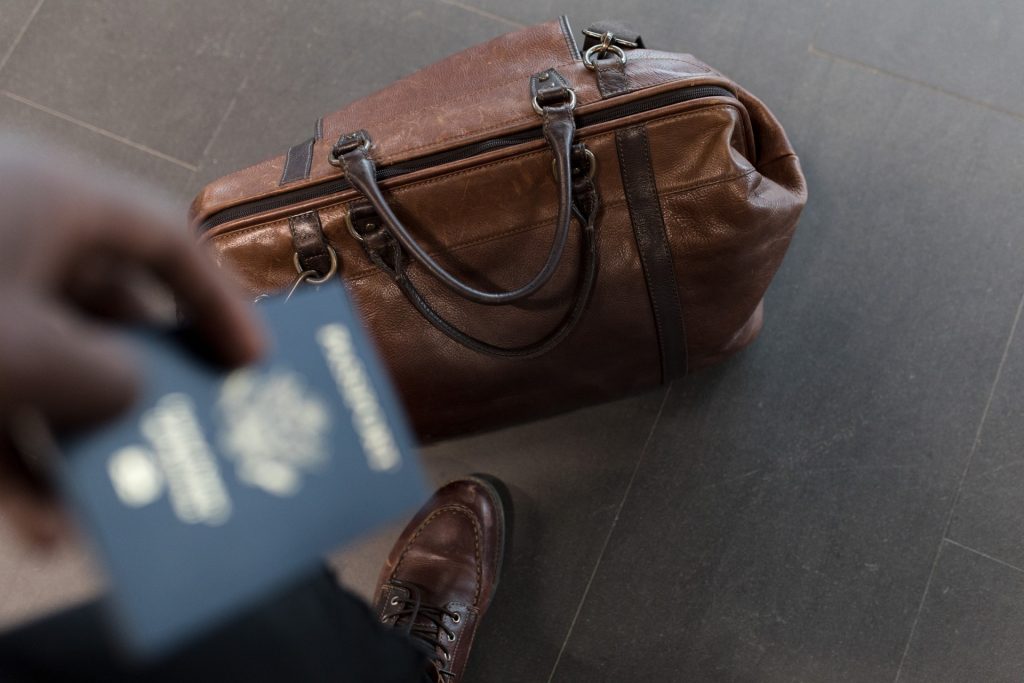At first glance, it may seem that getting a passport while you are a felon would be nearly impossible. After all, felons often have restrictions on their ability to travel or even leave the country. However, with some careful planning and understanding of the laws and regulations in place, it is possible for felons to get a passport
What are the restrictions on felon travel ?
Unfortunately, felon travel restrictions can vary depending on the crime that you have been convicted of and your individual circumstances. Some common restrictions include restrictions on leaving the country or traveling to certain countries, limits on the length of time that you can be away from home, and requirements to notify law enforcement officials before any foreign travel.
For example, some felon travel restrictions may simply require you to notify your probation officer or parole officer before any international travel, while other restrictions may prevent you from leaving the country entirely.
How to get a passport if you are a felon ?
There are several steps that felons can take in order to obtain a passport and travel abroad, including:
1. Applying for a passport through the US State Department
2. Obtaining a waiver of ineligibility from the US State Department
3. Applying for a special type of passport known as a limited passport
4. Completing additional requirements set forth by your country of destination
Applying for a passport through the US State Department is generally the first step that felons should take, as this will allow you to obtain a full passport and travel freely within most countries. However, in order to do so, you may need to apply for a waiver of ineligibility from the US State Department.
In some cases, felons may be able to obtain a special type of passport known as a limited passport, which places additional requirements and restrictions on felon travel. For example, some countries may not allow felons to travel to or remain in their country if they have been convicted of certain types of crimes, such as violent offenses or sexual offenses.
To learn more about felon travel restrictions and how to obtain a passport, be sure to consult with an experienced travel lawyer or immigration attorney. With the right guidance and support, felons can travel abroad safely and confidently while respecting the laws in place.
Tips for felons who want to travel abroad

If you are a felon and you want to travel abroad, there are a few important things to keep in mind:
1. Check the travel restrictions for your country of destination
2. Apply for a passport through the US State Department
3. Obtain a waiver of ineligibility from the US State Department (if necessary)
4. Consider applying for a special type of passport known as a limited passport, which places additional requirements and restrictions on felon travel
5. Talk to an experienced immigration attorney or travel lawyer for guidance and support as you navigate the complex legal landscape surrounding felon travel. With the right planning and preparation, you can enjoy safe and confident travel while respecting the laws in place. felon travel can be a complex and sensitive issue, so it is important to seek out professional guidance if you have any questions or concerns.
Conclusion
Felon travel can be a complex and sensitive issue, so it is important to seek out professional guidance if you have any questions or concerns. If you are a felon and want to travel abroad, there are several steps that you can take to make the process easier. By checking the travel restrictions for your country of destination, applying for a passport through the US State Department, and obtaining a waiver of ineligibility (if necessary), you can make the process of felon travel much simpler.
If you’re a felon and want to travel abroad, be sure to consult with an experienced immigration attorney or travel lawyer for guidance and support. With the right planning and preparation, you can enjoy safe and confident travel while respecting the laws in place.
































